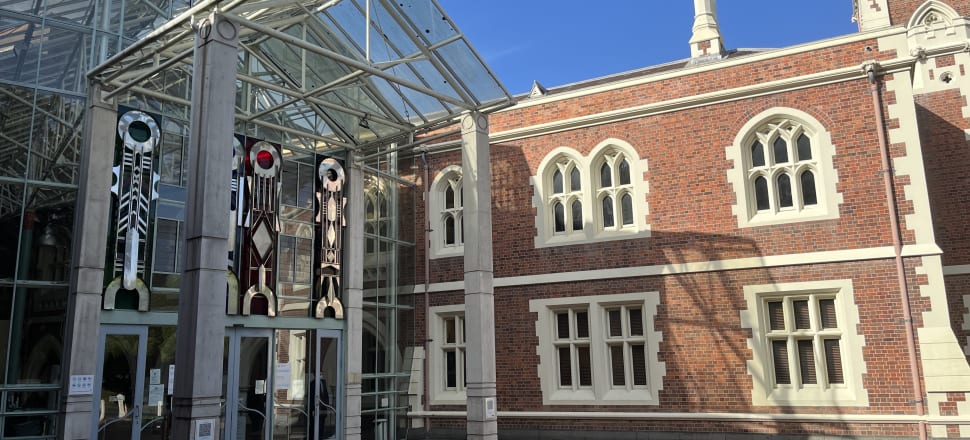
The judge was not satisfied two men involved in the New Zealand First donations scandal obtained control of funds by deception and without claim of right
Two men connected to the New Zealand First party have been found not guilty of obtaining control of nearly $750,000 by deception, bringing a trial that has trawled through the dirty laundry and inner workings of the party to a close.
The two men denied charges brought by the Serious Fraud Office alleging they used “a fraudulent device, trick or stratagem” to control funds raised by the New Zealand First Foundation, a separate organisation to the party set up to hold onto raised funds.
Justice Pheroze Jagose oversaw the several week-long trial at the High Court in Auckland, which ended with permanent name suppression for the two defendants.
Although the two men at the centre of the scandal have kept their names out of the media, the trial was a meticulous search through the recent history of the New Zealand First party, revealing an organisation at times strained by internal tensions around who knew about and had control of the money.
The foundation was established after board members voiced a desire to take the party to another level, such as staffer Apirana Dawson, who took the stand early in the trial to say he had talked with the defendants about ways to “professionalise and modernise the party”.
Party leader Winston Peters, who kept far from the trial but still managed to haunt it by appearing by name in most of the communiques in evidence, was quoted as saying the party needed “magnesium, a tool to make this party glow”, at a board meeting in 2015.
It was a desire answered by the formation of the New Zealand First Foundation in February of 2017, largely following the blueprint of the National Foundation, the National Party’s own financial support arm.
One of the defendants explained the new structure of the party and the foundation to party member Clayton Mitchell as being two entities separated by a firewall which still allowed the flow of cash.
Evidence shown in the trial showed an entity very much kept distant from New Zealand First, with “separate budget, different personnel, separate offices and private money” - as one of the defendants put it to Dawson.
Nevertheless it would be a “source of wealth”, with the plan being to fund things like office space, computers and software for NZ First.
Around the 2017 election, the foundation ended up paying around $140,000 for things like rental of a commercial space on Lambton Quay, which was used as campaign headquarters, and production of a video showing the party’s “bus tour” of the provinces.
It was this new set-up that the Crown, lead in representation by John Dixon QC, alleged was used unlawfully by the defendants during fundraising.
The “stratagem” allegedly in use involved providing the bank account details of the foundation to donors who wanted to make donations to the party itself.
Donations were solicited from big players in a range of industries, such as horse-breeding and racing, and health supplements.
Rich-listers like Graeme Hart and Duncan Hawkesby also gave evidence, stating they had met with members of New Zealand First with the intention of making a donation to encourage the party to pursue certain political directions - namely, the rejection of a capital gains tax.
These donations ended up in the foundation, generally without the full understanding of the donors.
Across evidence from more than 30 donors, most were unaware about exactly where their money was going. A common statement was that they were not too bothered about the exact destination, so long as it went to helping the cause of Peters and company.
Justice Jagose contended in his final judgment on Friday that the two men had not received the payments directly, but rather as trustees of the foundation and previous fund-raising entities.
As a result, he didn’t see their actions as satisfying the charge of “retention of control of the money”.
He said there was “nothing inherently dishonest about [the fund-raising organisations] obtaining the money”, as they “expressly sought to support the party”, meaning the defendants could not be found guilty of the deception part of the charge.


.png?w=600)




